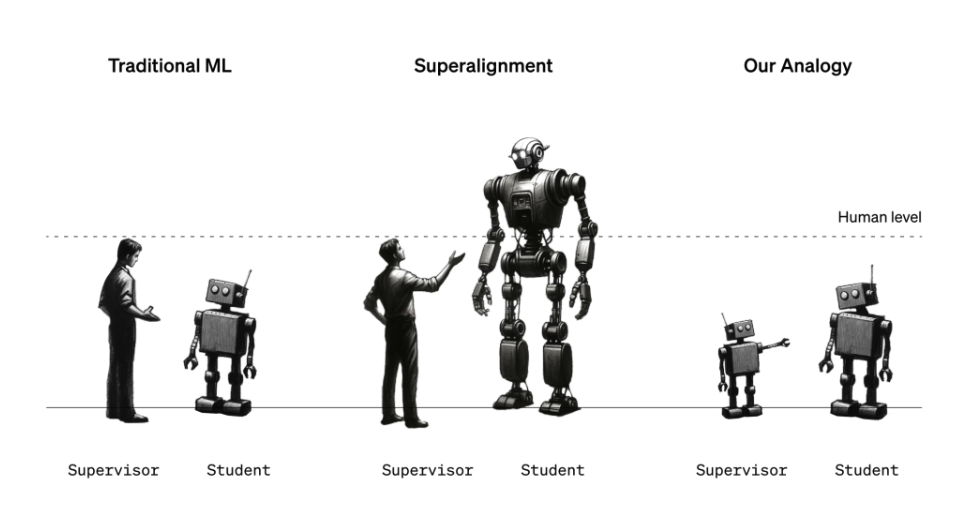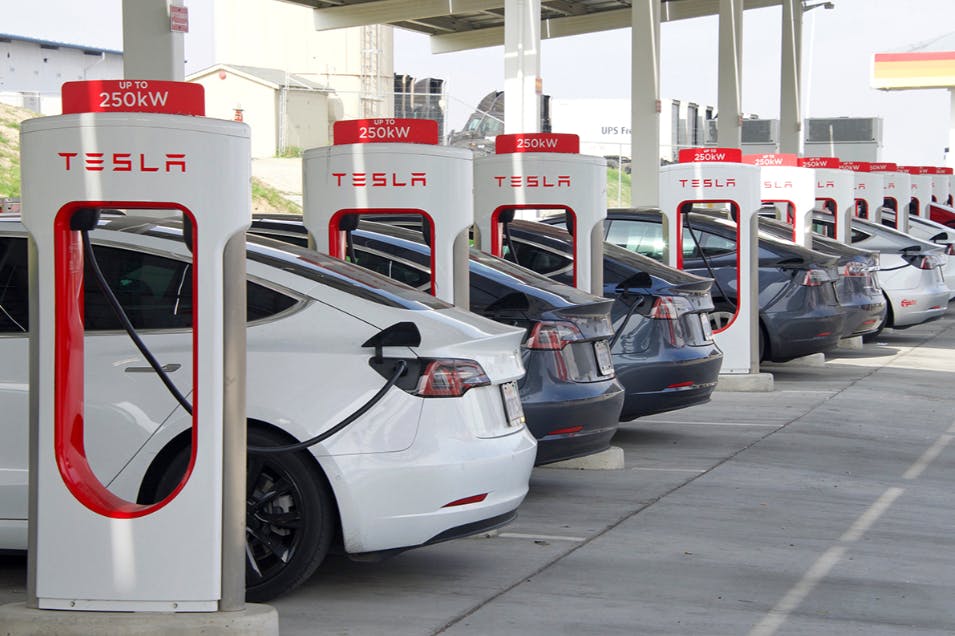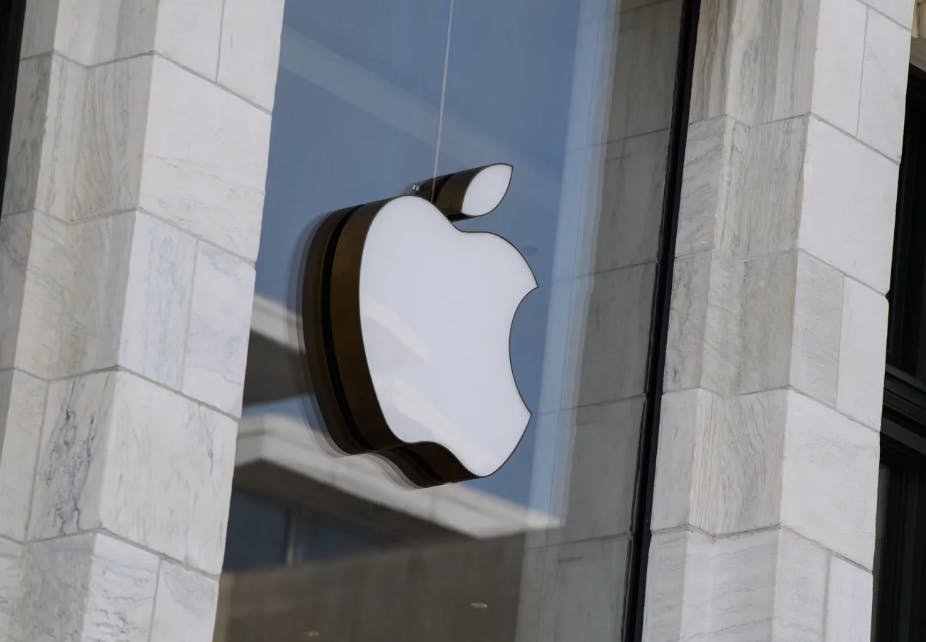1. FCC issues final denial of $885M Starlink subsidy
The FCC denied Starlink's request for $885 million in public funds to extend internet coverage to rural America via the Rural Digital Opportunity Fund. Concerns arose regarding Starlink's developmental technology and doubts about its capacity to serve approximately 643,000 locations across 35 states adequately. The initial bid lacked evidence of meeting the scale and requirements of the project.
Issues highlighted by the FCC included the high cost of user equipment—a $600 dish—and doubts about its affordability for underserved areas. The agency also noted financial and technical shortcomings in Starlink's operations and proposal.
Starlink appealed the decision, arguing that imposed standards were excessively strict. They claimed plans for satellite expansion and relied on SpaceX's Starship for future launches. Despite Starlink's assertions, the FCC remained unconvinced, stating a lack of reasonable evidence of meeting the Rural Digital Opportunity Fund's deployment needs.
Ultimately, the FCC's decision stemmed from uncertainties about Starlink's readiness to effectively serve the specified areas and meet the obligations of the Rural Digital Opportunity Fund. Despite Starlink's appeals and expansion plans, the FCC deemed their application insufficient for the allocated public funds aimed at rural internet infrastructure.
2. Apple will no longer give police users push notification data without a warrant

Apple has updated its law enforcement guidelines, announcing it will no longer provide users' push notification records to authorities without a valid judge's order. Previously accessible through subpoenas without judicial oversight, these records now require a court order or search warrant, to ensure judicial approval.
This change follows U.S. Senator Ron Wyden's disclosure that governments could secretly compel Apple and Google to hand over push notification contents. Google already required court-issued orders for this data, unlike Apple's previous practices.
Push notifications, messages appearing on phones for updates, are routed through Apple and Google servers, granting them unique surveillance potential, as highlighted by Wyden. He revealed that undisclosed foreign governments have also demanded access to this data.
However, not all apps are susceptible; Signal's president emphasized their end-to-end encrypted messaging app doesn't reveal message senders or callers through push notifications, processing such data solely on users' devices. Apple's alteration reflects a shift toward greater judicial oversight and user privacy regarding push notification data.
3.OpenAI thinks superhuman AI is coming — and wants to build tools to control it

OpenAI's Superalignment team, led by Ilya Sutskever, focuses on controlling superintelligent AI. They aim to steer AI systems smarter than humans, striving to prevent potential existential threats. The team uses a weak AI model to guide more advanced ones, analogous to a student supervising another beyond their expertise.
This approach intends to align powerful AI systems by communicating tasks from the weak model to the stronger one. The Superalignment team's method, although imperfect, aims to address concerns like hallucinations in AI models.
OpenAI plans a $10 million grant program, partially funded by Eric Schmidt, supporting research on superintelligent alignment. Schmidt, an advocate for AI precautions, asserts the impending danger of unchecked AI development.
While Schmidt's involvement raises commercial speculation, OpenAI assures the public sharing of its research and encourages community contributions toward AI safety. The company emphasizes the importance of making AI beneficial and safe for humanity, reflecting its core mission.
4. Tesla recalls 2 million vehicles after feds say Autopilot feature is too easily misused

Tesla has issued a recall for Model S, Y, 3, and X vehicles in the U.S. and Canada, aiming to improve safety features in their Autopilot system. An over-the-air software update will add alerts to prompt drivers to actively supervise the system, reminding them to keep their hands on the wheel and focus on the road.
The update targets vehicles with specific software versions initially, expanding to others equipped with Autopilot Hardware 3.0 at a later date. Despite the term "self-driving," Autopilot operates as a Level 2 automated driving system, mandating continuous driver attention and readiness to take control.
Tesla's recall, the second this year concerning their automated driving system, follows a National Highway Traffic Safety Administration investigation into Full Self-Driving Beta software. Concerns have been raised by officials like Transportation Secretary Pete Buttigieg regarding how Tesla markets Autopilot, emphasizing the need for hands-on driving despite the system's name.
Tesla's latest update intends to reinforce adherence to safety guidelines, aligning driver behavior with the necessary active supervision while using the Autopilot system.
5. Apple agrees to pay out $25M to settle lawsuit over Family Sharing

Apple has agreed to settle a class action lawsuit for $25 million over its Family Sharing feature, allowing users to share purchases among family members. The lawsuit alleged Apple misrepresented the feature's ability to share app subscriptions, although Apple denies wrongdoing.
Court documents highlighted that while Apple advertised Family Sharing on apps, most subscription-based apps did not support this feature, leading consumers to believe they could share them. The lawsuit contends that millions of consumers unknowingly purchased subscriptions, later realizing they couldn't share these apps through Family Sharing.
Eligible U.S. residents enrolled in Family Sharing from June 21, 2015, to January 30, 2019, and purchased app subscriptions during that period may receive a payment. Each claimant could get up to $50, with a base payment of $30, depending on claim volumes. $10 million of the settlement will cover attorney fees.
Class members have until March 1, 2024, to file claims, and a final hearing for approval is set for April 2, 2024. Emails will notify eligible individuals of their eligibility for the settlement.